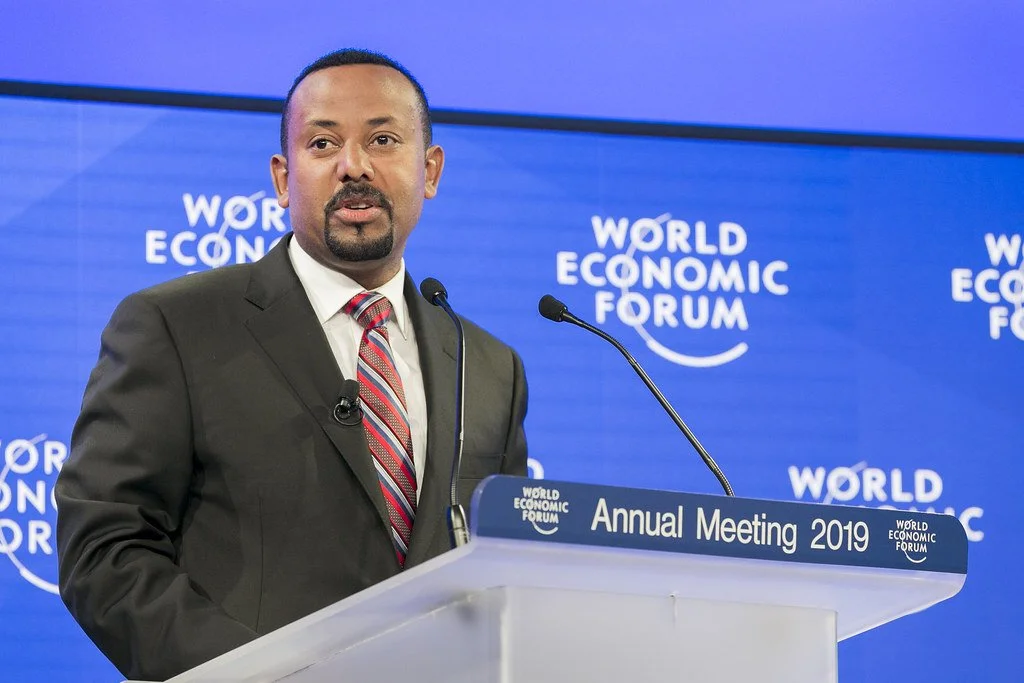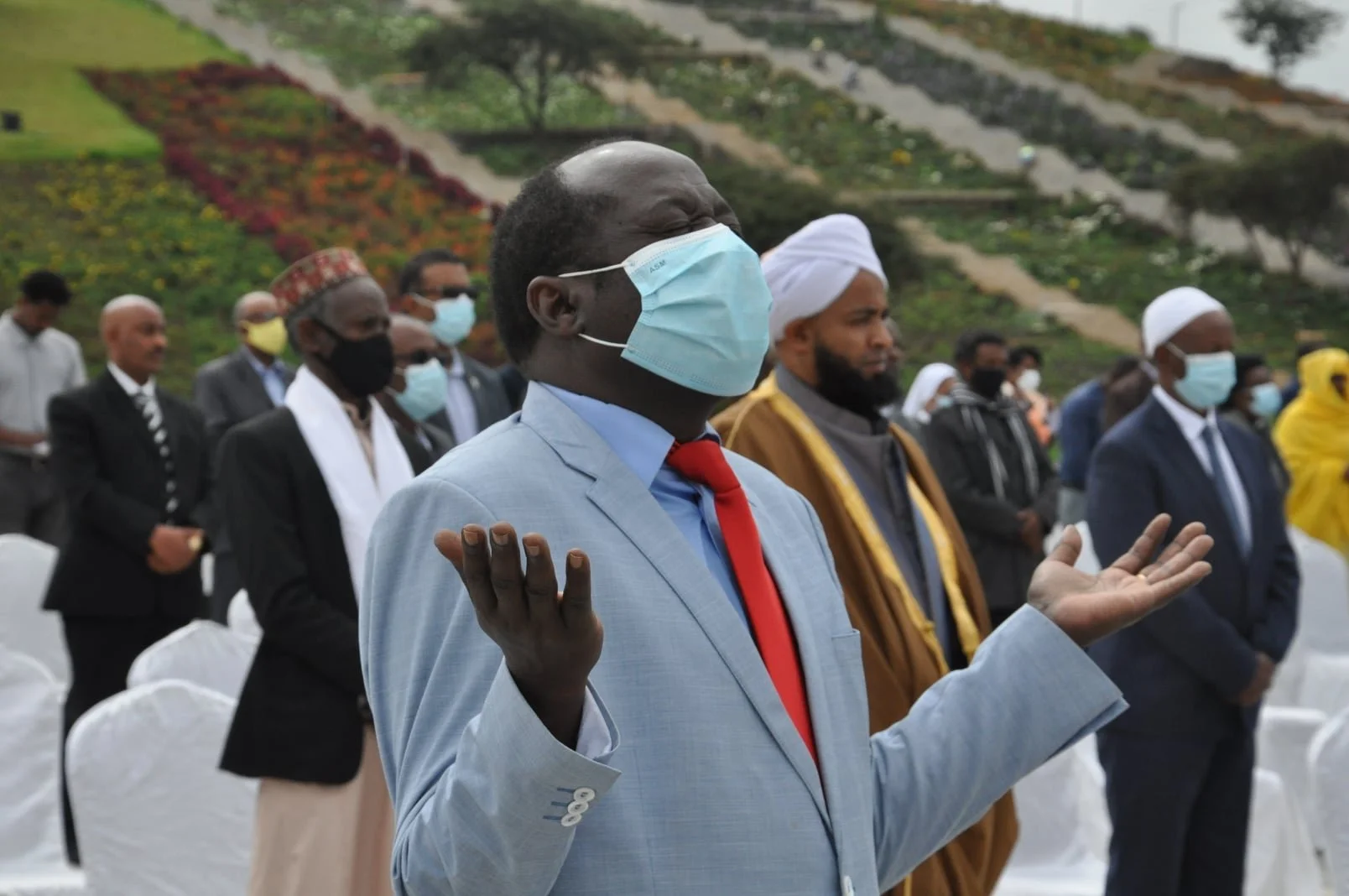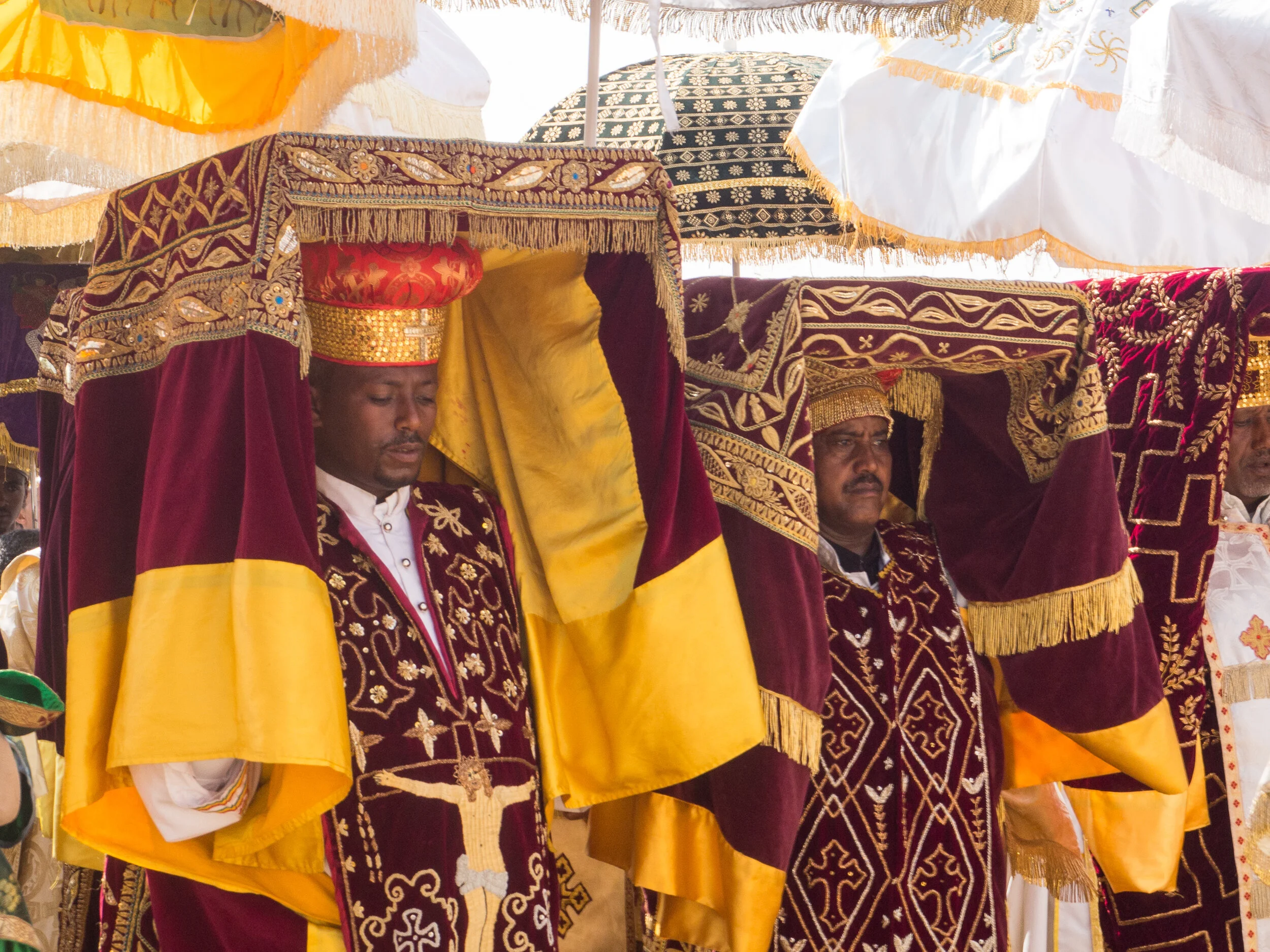(OPINION) The conflict in Ethiopia continues to take new victims. Shortly after it began in November 2020, evidence of mass killings of several hundred people in the western Tigray town of Mai Kadra, started to emerge. In 2021, the U.N. raised its concerns regarding the emerging humanitarian crisis and the risk of famine.
Read More(ANALYSIS) It’s now clear that the Biden administration wants to oust Ethiopia’s Prime Minister Abiy Ahmed. This is extraordinary and would exacerbate many of the region’s challenges, including religious extremism. While Ahmed has made mistakes, they are incomparable to the persecution, repression and suffering caused by past regimes.
Read More(ANALYSIS) The current crisis in Ethiopia — displacing 2.1 million people with another 7 million in need of humanitarian aid — is an ethnic-political conflict, not a religious one. However, strengthening Ethiopia’s interfaith collaboration among religious groups can bring about much-needed national reconciliation and healing.
Read More(OPINION) A viral video of His Holiness Abuna Mathias, a Patriarch of the Ethiopian Orthodox Tewahedo Church (EOTC), describing barbaric killings of civilians in Tigray has prompted heightened concern in the international community about human rights abuses, while many Ethiopians remain cautious and skeptical about whether disinformation campaigns driven by anti-government activists, geopolitical forces, “Ethiopia analysts” and media outlets are influencing Western communities and governments.
Read More(ANALYSIS) In the current crisis in northern Ethiopia, religion is used as a tool to misinform the international community, Ethiopian scholar Desta Heliso writes. The resulting diplomatic tensions are endangering not just the future of Ethiopia’s 110 million people, but peace in the whole Horn of Africa.
Read More




